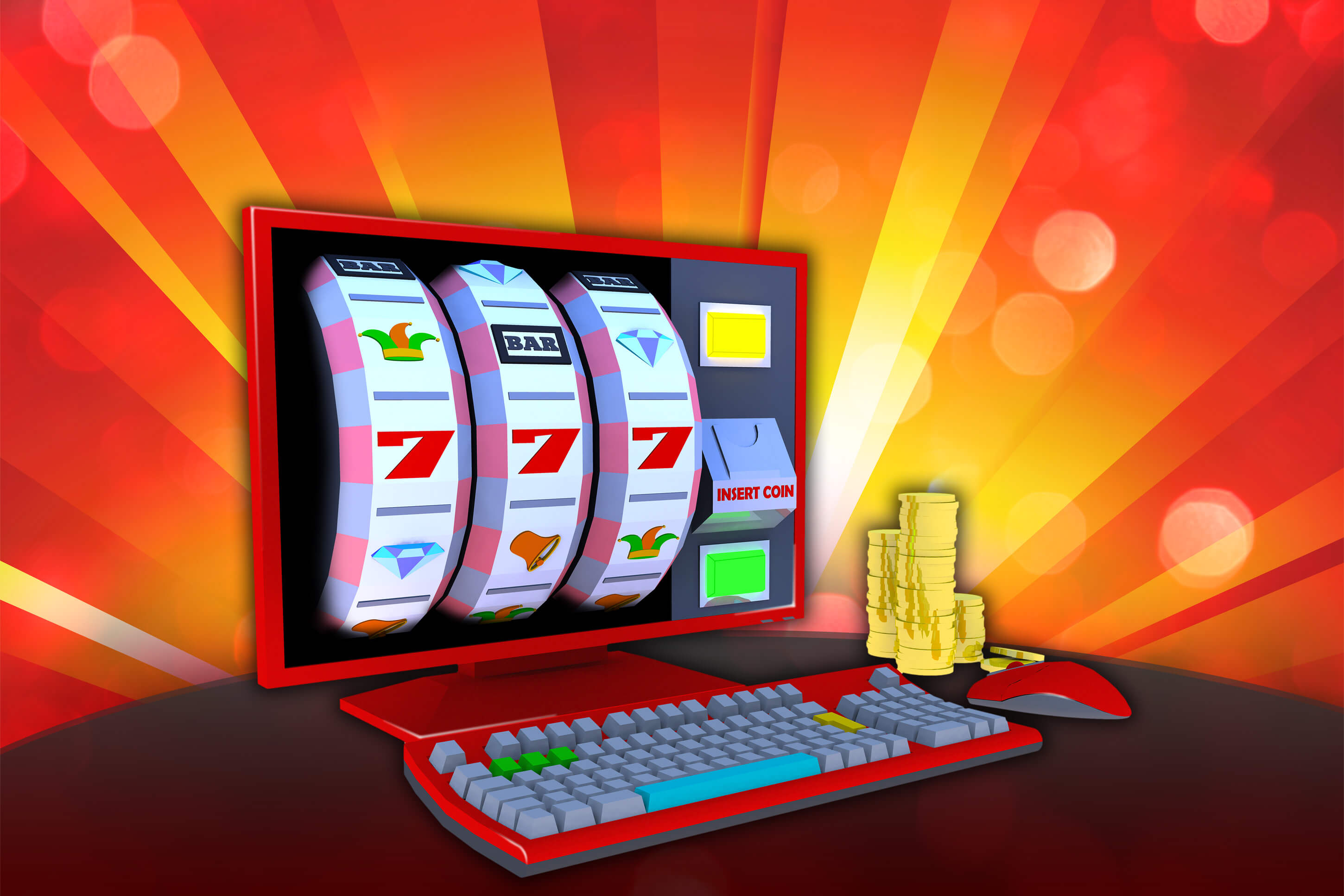
Casino experiences have long captured the fascination of people around the planet, becoming an important part of both fun and tradition. From the glimmering lights of the Vegas Strip to the immersive experience of internet gambling, these games evoke excitement, uncertainty, and sometimes even a sense of remembrance. They are not just just pastimes; they have woven themselves into the texture of our lives, influencing everything from film and songs to fashion and writing.
The allure of casino games goes beyond the betting aspect, tapping into broader themes of serendipity, possibility, and psychology. As players gather around a card table or rotate the wheel of fortune, they engage in an ancient ritual that resonates with our collective desire for thrill and unpredictability. This fascination has led to the growth of many references in cinema, songs, and electronic games, showcasing how intensely entrenched these games are in mainstream culture. Whether it is the pressure of a legendary caper or the vibrant nightlife portrayed in music videos, casino games have established a substantial role that reflects our bond with risk.
Cultural Significance of Casino Activities
Gambling games have played a pivotal role in cultural contexts throughout history. Originating from old societies, games of chance were often connected to ceremonies or events. For example, early forms of gambling can be linked back to historic Chinese and the Romans, where die games and wagering on results were common pastimes. These activities not only functioned as entertainment but also as methods of social interaction, facilitating connections among people within communities.
As societies evolved, so did the complexity and organization of gambling games. The establishment of official casinos in the 17th century, particularly in Italy, marked a notable shift in how games were perceived and structured. With designated spaces for gambling, the casino became a social hub where patrons from various backgrounds gathered. This evolution contributed to the validation of the industry, transforming it from a mere pastime into an established industry that shaped the economy and regulations.
The impact of gambling activities on popular culture cannot be understated. As they were brought into the limelight in books and movies, games such as poker and 21 became symbols of chance, luck, and tactics. Famous figures and narratives have emerged around these games, reflecting societal attitudes towards luck, prosperity, and vice. This fascination with gambling activities has infiltrated various forms of entertainment, cementing their place in the public imagination and linking them to wider cultural narratives throughout history. best non GamStop casino
Depiction of Gambling Activities in Entertainment
Casino games have long been a popular subject in different types of entertainment, reflecting both the fascination and complexities of gambling culture. Movies such as Ocean’s Eleven and Casino Royal portray figures who navigate intense situations, showcasing not only the appeal of the gambling environment but also the tactics and judgments that come with playing popular games like Texas Hold’em and 21. These films often dramatize the exhilaration of winning and the potential results of losing, encapsulating the risks involved in gambling.
TV programs have also explored the realm of gambling activities, often integrating them into the narrative as a context for character arcs and drama. Shows like Las Vegas depict the stories of casino workers and patrons, highlighting the vibrant, often disorderly energy of the gaming floor. Reality shows featuring intense betting contests further emphasize the appeal of gambling activities, drawing viewers into the excitement and tactics involved in each round. Through these representations, media not only engages but also stimulates conversations about luck, skill, and the nature of chance.
Digital games have increasingly integrated gambling activities into their structure, allowing players to recreate the thrill of betting without financial risk. Titles within the realm of online gaming often include online slot machines, poker, and other casino favorites, creating an engaging environment that mirrors actual casino experiences. These virtual portrayals make casino games accessible to a worldwide viewer base, appealing to both gamblers and those who enjoy the excitement of simulation. As a result, the portrayal of gambling activities in media continues to shape public perception and importance, highlighting their role in society and social context.
Effect of Gambling Activities on Communities
Casino games have a significant impact on communities, influencing various facets of culture and interpersonal behavior. They often function as a platform for social interaction, where people gather to enjoy a common experience. Casino trips with friends or visits to casinos become group events that build connections and create shared moments. This collective aspect enhances the entertainment value of gambling activities, making them a favored choice for festivities and recreational pursuits.
Additionally, casino games have been portrayed in countless films, TV series, and written works, shaping views and attitudes towards gambling and gaming. Icons like James Bond competing in baccarat or the intense poker scenes in films have cemented these games in the collective imagination. This representation often idealizes the lifestyle associated with casino activities, drawing in new players and influencing trends in both fashion and behavior. These representations can spark curiosity and lead to a deeper exploration of the nuances of gambling.
Nonetheless, there are also adverse implications associated with the widespread appeal of casino games. The temptation of quick monetary gain can lead to gambling addiction and economic troubles for some individuals. Society must grapple with these consequences, promoting responsible gambling and education of the risks involved. Balancing the fun aspect of gambling activities with the risks is crucial to ensure that they continue to be a positive aspect of our cultural landscape.